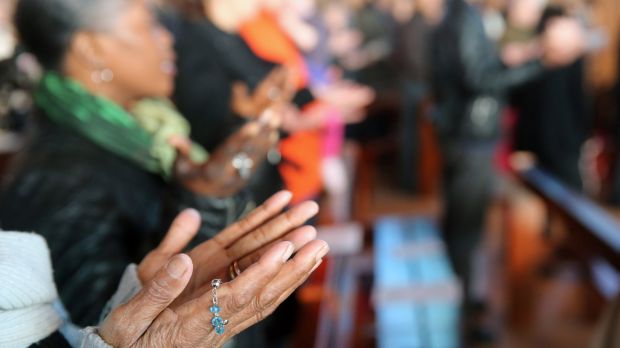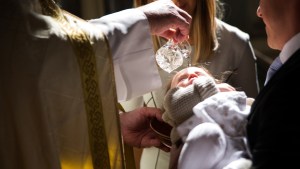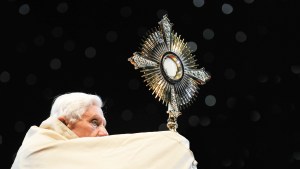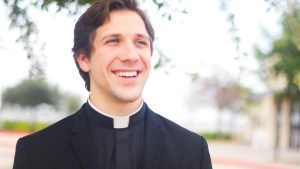“Everything is grace!” exclaimed St. Thérèse of the Child Jesus. Certainly, grace, God’s action in the world, is not limited to the sacraments. Yet the liturgy, unlike personal devotions, makes God’s presence objective.
We need to distinguish, even prioritize, but not oppose the different ways we receive God’s grace. This is how liturgy and devotions are described in a 2001 text published by the Dicastery for Divine Worship and the Discipline of the Sacraments, the Directory on Popular Piety and the Liturgy (n. 93):
While referring to very diverse situations, and to the multiplicity of types and forms found in pious exercises, the following text has been developed in constant reference to a number of fundamental presuppositions: the superiority of the Liturgy in respect to other forms of cult; the dignity and legitimacy of popular piety; the pastoral need to avoid any opposition between the Liturgy and popular piety, insurance that their various forms are not confused…
In the Christian life, we can legitimately ask the question: Is God more present at Mass than in my personal prayer? In other words, is grace more present in the sacraments?
The first thing we can be sure of is that God is greater than human situations, and that grace, the action of the Holy Spirit in the world, is not limited to the sacraments. Yet the sacraments, which make visible an invisible reality, are the sustenance of all spiritual life. They are external to us, codified by the liturgy, gifts of the Church, and manifestations of community life. As such, they have greater objective value.
The grace of the sacraments
The faithful who pray the rosary or perform a devotion are in a subjective relationship with the Lord. In the sacraments, on the other hand, if they give the assent of faith, Christians are sure that God is at work. Didn’t Jesus promise this to St. Peter? The Catechism of the Catholic Church states that the sacraments are “‘the masterworks of God’ in the new and everlasting covenant,” (n.1116), after explaining that (n. 1104):
Christian liturgy not only recalls the events that saved us but actualizes them, makes them present. The Paschal mystery of Christ is celebrated, not repeated. It is the celebrations that are repeated, and in each celebration there is an outpouring of the Holy Spirit that makes the unique mystery present.
This is a great consolation for those who seek God: There are (liturgical) times and places where the Creator truly manifests himself to mankind. This consolation is accompanied by the assurance that grace is all-powerful.
Still, the Holy Spirit can act very powerfully outside the sacraments. He invaded Blaise Pascal‘s soul during his famous “Night of Fire” and transforms the hearts of catechumens even before their baptism. The Holy Spirit acts in everyone, if only we open our hearts to him, and especially if we draw from the inexhaustible source of the sacraments.




